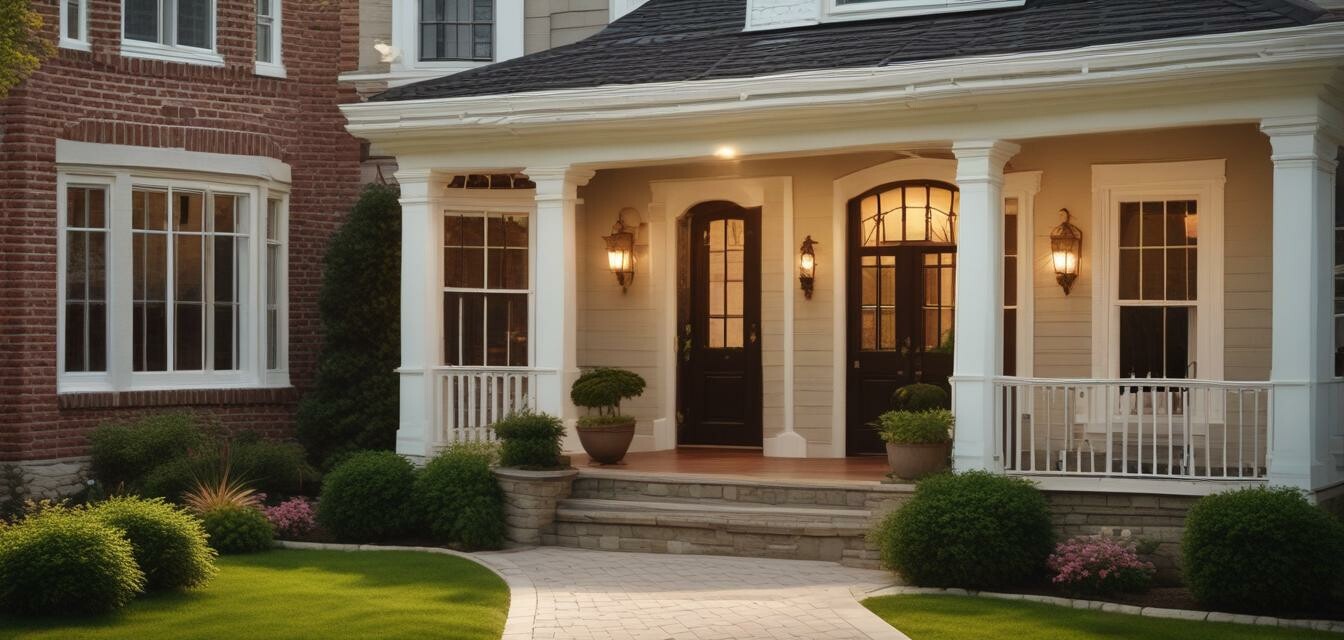
The Importance of Regular Security Audits
Key Takeaways
- Regular security audits identify vulnerabilities in your home security system.
- These audits help in maintaining and upgrading security technology.
- They provide peace of mind by ensuring your safety measures are up to date.
- Conducting audits allows for better allocation of resources toward security upgrades.
- Involving family members in the audit process increases overall awareness of security protocols.
Ensuring the safety of your home is a critical aspect of protecting your family and belongings. One effective way to maintain your home security is through regular security audits. These audits help you identify vulnerabilities in your current security measures and ensure that your systems are working efficiently. In this article, we'll cover the importance of conducting regular security audits, what to look for during an audit, and how they can enhance your overall home safety.
What is a security audit?
A security audit is a comprehensive assessment of your home’s security measures, which includes evaluating current systems, identifying weaknesses, and making recommendations for improvement. This process could encompass various elements including your physical security systems, alarm systems, and even lighting.
Why conduct regular security audits?
Regular security audits are crucial for several reasons:
- To identify vulnerabilities: The primary objective of a security audit is to uncover weaknesses in your security system that could be exploited by intruders.
- To maintain technologies: Security technologies are continuously evolving. Regular audits ensure that you are using the latest and most effective security solutions.
- To manage costs effectively: By pinpointing which areas need improvement, you can allocate funds wisely for your security investments.
- To enhance safety: An audit protects not just your possessions but also reinforces a safe environment for your family.
When should you conduct a security audit?
It's advisable to perform security audits periodically. Here are some recommended times to conduct an audit:
- Annually: At least once a year is a good baseline.
- After a significant life change: If there's been a move, a marriage, or a birth, it’s a good time to reassess your security needs.
- Post-incident: If there has been an attempted break-in or any other security threat, conduct an immediate audit.
- Technology updates: After upgrading or changing any security technology, evaluate the overall system.
What to include in a security audit
When conducting a security audit, consider the following areas:
| Area of Audit | Details |
|---|---|
| Physical Security | Check locks, doors, windows, and all entry points for vulnerabilities. |
| Security Cameras | Ensure cameras are functional, properly positioned, and that the footage is being recorded securely. |
| Lighting | Evaluate if there’s sufficient outdoor lighting, especially near entryways. |
| Alarms and Sensors | Test alarms and ensure all sensors are functioning as intended. |
| Smart Technologies | Review any smart devices in your home, ensuring they have the latest software updates. |
Benefits of conducting regular audits
The advantages of frequent security audits extend beyond merely identifying vulnerabilities:
- Increased awareness: Regular audits educate homeowners on potential risks and security measures.
- Improved response times: Knowing your system inside and out allows you to respond effectively in emergencies.
- Peace of mind: Understanding that your home is secure enhances your overall quality of life.
Involving family members in the audit
Including your family in the security audit process encourages a collective responsibility for safety. Educate them about security measures, routines, and the importance of vigilance. This shared understanding will cultivate a proactive approach to home security.
Pros
- Improves overall safety and security.
- Helps identify and manage vulnerabilities.
- Educates family members on safety protocols.
- Ensures compliance with the latest security technologies.
- Can lead to lower insurance premiums.
Cons
- Time-consuming if done thoroughly.
- May require professional assistance at times.
- Costs associated with repairs or upgrades.
Wrapping it all up
Conducting regular security audits is a crucial part of maintaining a secure home environment. By proactively identifying vulnerabilities, you can protect your loved ones and belongings effectively. For more information on enhancing your home security, check out our other articles on home security buying guides and latest security technology trends.
Tips for beginners
- Start with a basic assessment of your home's entry points.
- Schedule your audits after significant events, as mentioned earlier.
- Use checklists to ensure you don't overlook any areas during your audit.
- Document your findings and the steps you take to resolve issues.
- Consider professional help if you feel overwhelmed by the process.
For resources on choosing the best security systems, visit our page for security alarms and sensors and wireless security cameras to give you peace of mind that your home is secure.
